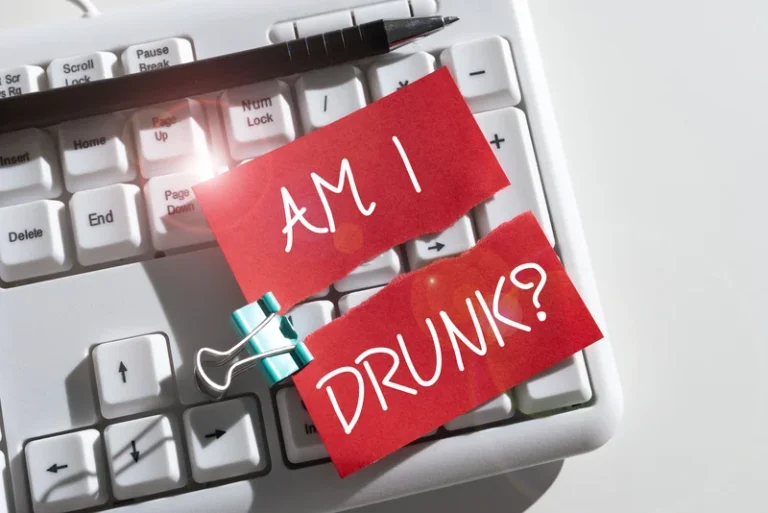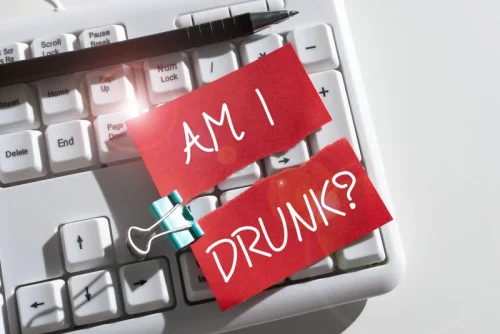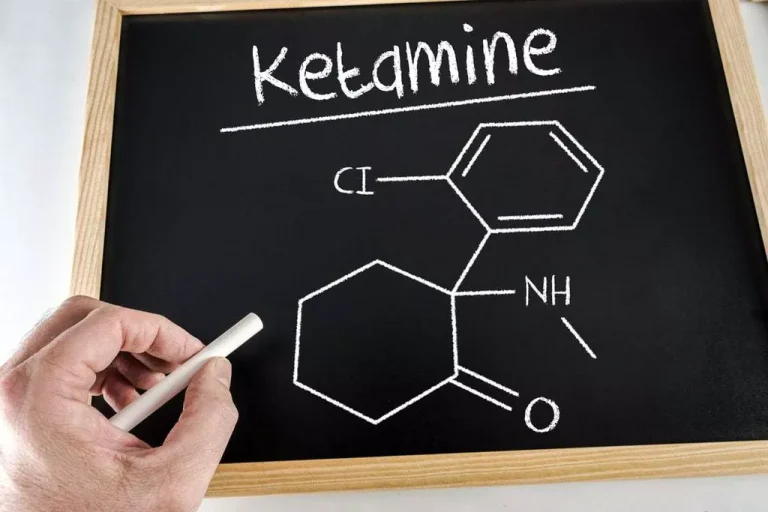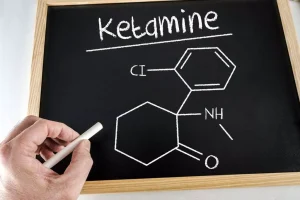Seizures are another complication of abruptly quitting alcohol that may occur within the first 12 to 48 hours of stopping. Instead of suddenly stopping on your own, you should consider either tapering off alcohol, or seek assistance from a professional inpatient medical detox treatment. Cutting back your drinking each day can help your body and mind adjust to a new normal. But the idea of alcohol tapering, the gradual reduction of alcohol, might seem counterintuitive.
- Along with withdrawal symptoms, it may be even more difficult to cut back or taper your alcohol use if you struggle with an alcohol use disorder (AUD).
- Chronic and excessive alcohol use disrupts the brain’s neurotransmitters.
- Bespoke addiction and dual diagnosis recovery with personalized treatment programs, holistic therapies, and upscale amenities with sweeping mountain views.
- If you encounter severe symptoms during your tapering off alcohol schedule, contact your healthcare provider immediately.
Always consult a medical professional before starting any tapering schedule. When you quit alcohol after having developed alcohol dependence, your brain will be thrown into a chemical imbalance. As a depressant, alcohol will cause your brain and body to get used to its inhibitory effects on your nervous system. It may adapt by producing more excitatory chemicals and fewer of its native inhibitory chemicals.
Alcohol and Cialis: Risks, Side Effects & Treatment
This can sometimes cause unpleasant withdrawal symptoms, and these symptoms can make it hard to stick with your recovery plan. Withdrawal usually begins 6 to 8 hours after the last drink and peaks within 72 hours. There are several ways to taper your alcohol consumption without therapy.
Consider Medically Assisted Detox
This means that an unsuccessful tapering attempt isn’t just a failed attempt; it can actually be harder to try again in the future. The kindling effect is an important reason to approach quitting and seek professional guidance seriously. Tapering involves gradually and progressively reducing your alcohol consumption over time. This method can lessen withdrawal symptoms, allowing your body to adjust to decreased alcohol levels slowly.
- We have taken the necessary precautions to minimize the risk of exposure and transmission of the Coronavirus to those in our treatment programs, allowing them to focus on their recovery.
- Depending on how much alcohol you drink to start with, the amount of time an alcohol weaning schedule takes may vary.
- Alcohol suppresses your brain’s normal function, and your body adjusts to this constant presence of alcohol by making your brain more hyperactive.
- They’ll be able to help you create a tapering schedule that won’t only raise your chance of success but also avoid severe symptoms.
- Creating a tapering schedule you can stick with is a crucial part of weaning yourself off alcohol.
Alcoholic Life Expectancy: Using Calculators and Examining Overall Impact of Alcohol Abuse
Alcohol withdrawal occurs when you stop using alcohol after a prolonged period of heavy use. Alcohol withdrawal is the most dangerous form of substance withdrawal, creating unpleasant symptoms that can be potentially deadly for those with more severe symptoms. Alcohol withdrawal will last about a week to a week and a half for most people, with symptoms peaking two to three days into withdrawal. Substituting a prescription drug for alcohol should only happen with the help of a medical professional. No one should ever attempt a substitution taper with prescription medication unless their doctor specifically prescribed it for that purpose in a medical detox program.
FAQ: Weaning Off Alcohol
Weaning off alcohol reduces the chance of experiencing withdrawal or the severity of withdrawal symptoms. The best alcohol tapering-off detox method should be determined by a medical professional who can evaluate your specific needs and risks. In most cases, conducting a home-based alcohol detox is not considered the safest or most effective approach to https://appsychology.com/living-in-a-sober-house/ quitting alcohol.
Quitting cold turkey is likely to cause more intense withdrawal symptoms than if you taper off alcohol slowly. However, the self-control it takes to taper can be challenging for someone with an AUD. For that reason, it’s best to speak to a doctor or clinician when you’ve decided to stop drinking before you quit cold turkey. Chronic and excessive alcohol use disrupts the brain’s neurotransmitters.
How to safely taper off your alcohol consumption
This is because this process gives your brain more time to get used to the changes and damage that alcohol originally created. Your doctor can determine if tapering alcohol is safe for your unique situation and help you create a plan to quit drinking alcohol. By looking at your medical history and alcohol intake, your doctor can determine whether you need to taper in a medical detox facility or can safely detox at home. This is why it’s always best to find some form of long-term support in sobriety.
UC Davis Study: Can Telehealth Revolutionize Opioid Addiction Treatment?
Tapering can be a long process that takes weeks or even months to finish. Although it is possible to taper at home, having medical supervision and assistance can ensure a successful taper. A substitution taper refers to switching strong liquor for an alternative that contains less alcohol, like beer. Once you’ve changed to a less alcoholic option, you can gradually reduce your drink amount. There are two ways to taper off alcohol—a direct or substitution taper.
If you’ve decided to quit drinking, and tapering seems like the right approach, we’ve got you covered. Here’s how to wean off alcohol—including useful strategies, how to create a tapering schedule, and how to stay safe throughout the process. This is a highly personal decision, which can be made through self-reflection, and with the support of a medical professional and your peers. If it’s safe for you to quit cold turkey, you may find that cutting alcohol out entirely from the start helps you clearly uphold your boundaries. Or, you may find that quitting all at once is too drastic and decide to start by practicing harm reduction. This is why it is important to stop regular, heavy drinking only under the supervision of medical staff.
To learn about how our substance abuse treatment programs address alcohol dependence and withdrawal management, please contact us today. You may receive medication to ease withdrawal symptoms—such as anti-diarrheal medicines or over-the-counter pain relievers. A doctor may prescribe a benzodiazepine as part of the tapering process. All of these withdrawal Sober House Rules: A Comprehensive Overview symptoms are common during acute alcohol withdrawal syndrome. For example, depression could cause suicidal thoughts, and eating poorly can weaken your immune system.









